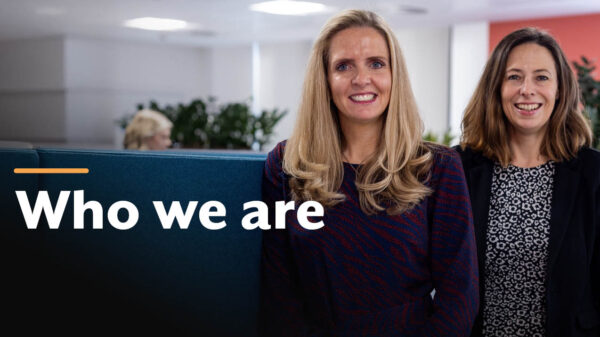

Background
The UK government’s industrial strategy aims to position the UK as a global leader in advanced sectors like artificial intelligence, green energy and biotechnology. These ambitions require a workforce with highly specialised skills that the UK labour market cannot fully supply. At the same time, the government is pursuing policies aimed at lowering net migration – there lies the challenge for the UK government, UK companies and international companies looking to set up in the UK.
The Skilled Worker visa is the main route to working in the UK. Following changes in spring last year designed to lower net migration, the number of Skilled Worker visas issued reduced by 50%, with 252,700 fewer visas issued in 2024 compared with 2023. On 12 March 2025, the UK government published the latest Statement of Changes to the UK Immigration Rules, introducing further significant amendments to the Skilled Worker visa route and other changes. Below is a summary of some of the key changes in 2025:
Increase to minimum salary requirement
The minimum salary requirement for Skilled Worker visa applicants has been increased from £23,200 per year (£11.90 per hour) to £25,000 per year (£12.82 per hour). The increase means companies will need to ensure they are offering competitive salaries to attract and retain skilled workers from both the UK and international labour markets. If a business fails to meet the increased salary requirements it could result in visa refusals or significant sponsorship licence penalties.
New sponsorship costs for skilled workers
The UK government has also introduced a significant policy shift regarding sponsorship costs. Sponsors are now prohibited from passing on the following sponsorship costs to skilled workers:
- Sponsor Licence Fee.
- Certificate of Sponsorship Fee.
Increased Visa Fees
From 9 April 2025, the cost of a visa to work in the UK is going up across the board, including for the Skilled Worker visa.
The increased costs are as follows:
- Skilled Worker (3 years or less): £719 to £769
- Skilled Worker (over 3 years): £1,420 to £1,519
Electronic Travel Authorisation Scheme (“ETA” Scheme)
The ETA Scheme grants permission to travel to the UK, in a similar way to the US’s Electronic System for Travel Authorization (ESTA). The ETA is not a visa and does not grant the right to live or work in the UK.
From April 2025, the ETA applies to all UK visitors who do not need a visa or permission to live, work or study in the UK. It also applies to those coming to the UK for up to three months on a Creative Worker visa (e.g. an actor, dancer, musician or film crew member), and to those coming for a permitted paid engagement.
Citizens from countries previously exempt from visa requirements must now apply for an ETA. This includes short-term business visitors.
Companies should review their travel needs to ensure that affected overseas employees have the necessary ETAs. Any failing to obtain an ETA could lead to delays or refusal of entry to the UK.
Transition to eVisas
UK Visas and Immigration (“UKVI”) is continuing its transition from physical documents to a fully digital immigration system, with digital eVisas replacing physical Biometric Residence Permits (“BRPs”) as of January 1 2025. Other documents which are due to be replaced in 2025 are Biometric Residence Cards (“BRCs”) andpassport endorsements, such as indefinite leave to enter wet ink stamps and entry clearance vignette stickers in passports.
Changes to the Global Talent visa – digital technology applications
The Global Talent visa category is for talented and promising individuals in the fields of digital technology, science, arts and culture wishing to work in the UK.
This immigration route is designed for exceptional international talent wanting to work in the UK. Unlike many other work visas, the Global Talent visa offers real flexibility – there’s no need for a job offer or sponsorship, and successful applicants can work freely for any employer, be self-employed, or even start their own business. The visa can be granted for up to five years initially, with options to extend, and provides a pathway to settlement in the UK after three or five years.
On 1 May 2025, a new endorsing body will take over from Tech Nation in assessing digital technology applications, bringing fresh perspectives to the assessment process and reshaping the landscape for digital technology professionals seeking to work in the UK. The new endorsing body could well introduce more inclusive criteria, potentially welcoming professionals from investment and accelerator sectors.
Conclusion
With the UK Government expected to publish an Immigration White Paper in the near future, further significant policy updates will follow. It’s key to remain on top of key changes and regularly review any updates to the UK Immigration Rules and sponsorship guidance. Failure to do so could lead to the revocation of a sponsor licence, reputational damage, financial losses, and significant disruption for existing and future sponsored workers.










